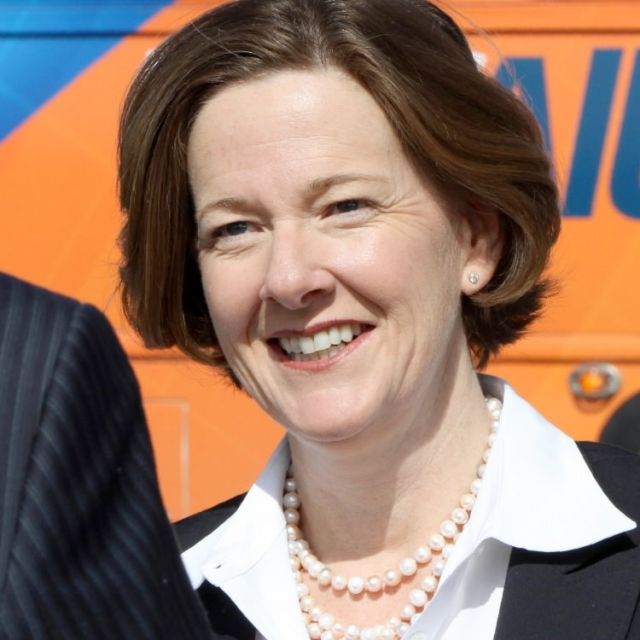Instead they have received a troubling disregard by the courts and the political class, and by the general public as well, for the spirit of reasonable accommodation that is rooted in Section 2 (a) of the Charter of Rights and Freedoms.That section declares as “fundamental” the right to freedom of religion and freedom of conscience.
The courts have distinguished freedom of religion as requiring a “connection with the divine.” They have also been clear, in the Amselem decision for example, that such a connection “involves deeply held personal convictions or beliefs connected to an individual’s spiritual faith and integrally linked to his or her self-definition….”
Freedom of conscience need not involve spiritual faith, but it is no less a matter of integral self-definition. It is the foundational freedom that lets us most fully live as who we are.
Each of the denials cited above assault the integrity of that most basic freedom. Worse, we now seem to be moving from denial of the freedom to a denial that the freedom even exists — or ever existed. How else to explain the remarks of Alberta Premier Alison Redford, who raised conscience rights as a campaign issue in the second week of Alberta’s provincial election. She did not raise them to praise them, but rather to demean them as unfit and unacceptable. Redford declared herself “amazed” and “frightened” that the opposition Wildrose Party made a campaign promise to codify conscience rights in provincial law, at least for health-care professionals.
“I was absolutely amazed we (are) having this conversation in Alberta,” Redford said. “I believe that all Albertans want to live in a place where we respect each other, where we feel safe, where whether you are a woman or a young girl or a new Albertan, that you’re going to be treated equally and that we’re going to be able to ensure that everyone in this province knows that they can receive public services in a way that doesn’t discriminate against them.”
What’s strange and unsettling in Redford’s remarks is that nothing in the conscience-rights promise by the Wildrose Party would deny services to anyone. It would, rather, respect those who cannot in good conscience perform certain services. It would offer them the safety of being able to say “no” without risking their livelihoods.
The premier’s professed fright and amazement, however, cunningly inverts responsibility. In her rhetorical world, those whose fundamental Charter rights are denied become blameworthy for denial of service to others. They are the anti-social offenders.
Smith dismissed Redford’s remarks as mere scaremongering typical of “liberal” politicians who trail in the polls. Smith’s pejorative use of the l-word was seen as her tossing some small-c conservative mud at the premier.
Whatever Smith’s tactical motives, she was actually mistaken. Redford’s comments should scare us not because she is a liberal, but because her concept of freedom is so illiberal. She epitomizes a distressing turn toward intolerance of people for whom conscience actually counts. It borders on a reactionary consolidation of power by those who, having succeeded in changing the law and the social order, now want all dissenting minds changed as well. Perhaps, at heart, it stems from a need to believe that having no conscience is better than having one that is deeply and constantly troubled.
Trampling on rights
By Peter StocklandSomething unsettling is happening when conscience becomes a dirty word in a liberal democracy. Yet most Canadians seem unfazed by the increasing tendency to treat our fundamental right to freedom of conscience as if it were some unspeakable anti-social offence.
The denial of conscience rights to marriage commissioners in Saskatchewan, the obliteration of parental rights in Quebec, the imposition of state sexual ideology on Catholic schools in Ontario — these should all be causing deep concern. In none of these cases, after all, have the aggrieved parties taken the law into their own hands. They have not shouted fire in a crowded theatre, the time-honoured test of the limit of free speech. All they have sought is their Charter-protected right to be exempted from legal or regulatory obligations that violate their deepest and most sincerely held beliefs.
Please support The Catholic Register
Unlike many media companies, The Catholic Register has never charged readers for access to the news and information on our website. We want to keep our award-winning journalism as widely available as possible. But we need your help.
For more than 125 years, The Register has been a trusted source of faith-based journalism. By making even a small donation you help ensure our future as an important voice in the Catholic Church. If you support the mission of Catholic journalism, please donate today. Thank you.
DONATE

